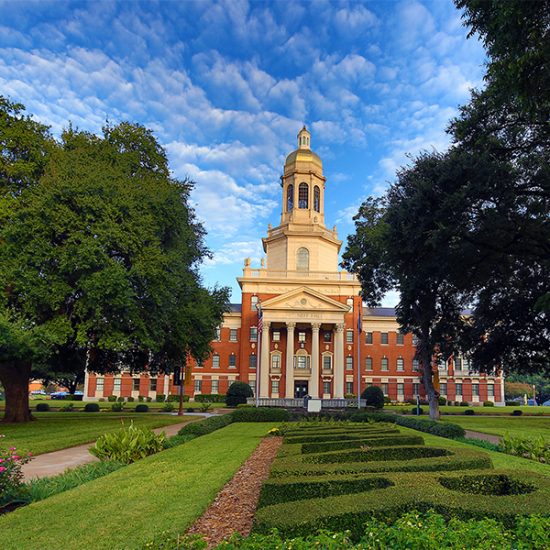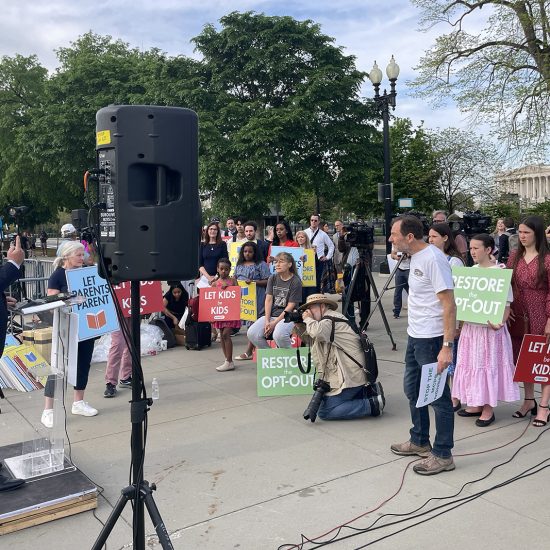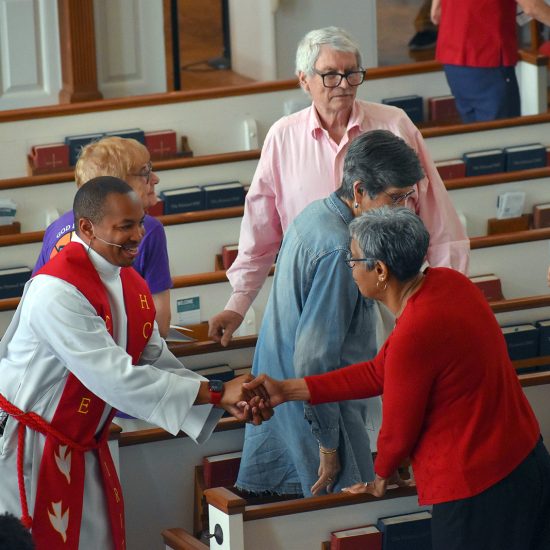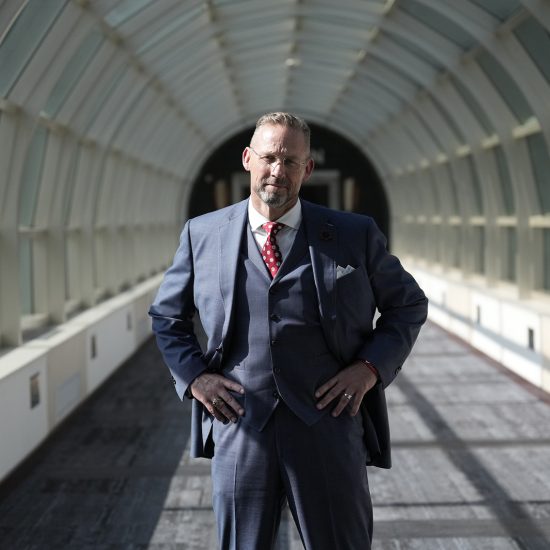The 20th century liberal Baptist preacher Harry Emerson Fosdick delivered a famous sermon in 1922 denouncing Fundamentalists who sought to divide churches. Noting all that was occurring in the world, he lamented the efforts to divide Christians based on different interpretations of scriptures. He called the efforts of the Fundamentalists “to drive out from the Christian churches all the consecrated souls who do not agree with their theory of inspiration” an “immeasurable folly.”
 Brian KaylorWhile Fosdick offered some good points, he also made a significant error in his sermon as he claimed, “All Fundamentalists are conservatives, but not all conservatives are Fundamentalists.” We see today, however, that not all Fundamentalists are conservatives. The tendency to expel faithful Christians who read scriptures differently is not a symptom only of the right.
Brian KaylorWhile Fosdick offered some good points, he also made a significant error in his sermon as he claimed, “All Fundamentalists are conservatives, but not all conservatives are Fundamentalists.” We see today, however, that not all Fundamentalists are conservatives. The tendency to expel faithful Christians who read scriptures differently is not a symptom only of the right.
A decade ago, I wrote in various outlets about the problem of many conservative Fundamentalists as they elevated the issue of homosexuality above all other concerns. On multiple occasions, I had someone who disagreed with me on another issue who would suddenly change the subject to ask me what I thought about homosexuality. They wanted to know that answer so they could then, perhaps, dismiss my thoughts on any other topic. Like Jesus when asked tricked questions, I tried to avoid those disingenuous diversions and keep our conversations on topic.
Publicly, the obsession of conservative Fundamentalists — including many Southern Baptist leaders — with the topic made it seem to many nonbelievers that Christians only care about sexuality. Some called it “the greatest threat to evangelism” and many used the issue as a litmus test to decide one’s salvation (instead of, say, having accepted Jesus as Lord and Savior). An issue that Jesus didn’t speak about and that garnered only a few references in the Bible (in vastly different cultural contexts) somehow metamorphosed into the most significant theological concern for conservative Fundamentalists.
While that brand of conservative Fundamentalism still exists, a competing liberal Fundamentalism now also threatens to divide us. And liberal Fundamentalists use the same topic as the line in the sand. The only difference? They believe God stands on the other side of the line than where conservative Fundamentalists believe God resides. Like conservative Fundamentalists, liberal Fundamentalists even judge churches based on this one issue, thus downgrading the rest of the biblical witness.
The release of the Cooperative Baptist Fellowship’s “Illumination Project” quickly sparked the criticism of liberal Fundamentalists. The 18-month study into CBF’s hiring policy excluding LGBTQ individuals resulted in a new policy that reduces the emphasis on this one issue. The new policy and procedure also allows LGBTQ Christians to serve in staff positions in CBF’s office, but still restricts service in missions positions to celibate singles or individuals faithful within a heterosexual marriage.
Baptists and others who wanted CBF to allow LGBTQ individuals to serve in any position quickly blasted the new position as a rejection of love and justice, ignoring the move of the Spirit and an inaccurate reading of the Bible. Some maligned the motives of CBF leaders, claiming they only care about money. Some even called on churches to leave CBF or to stop funding CBF as a result. Once again, the issue of homosexuality is employed as a do-or-die litmus test with those on the “other” side cast as, at best, unfaithful Christians not smart enough to read the Bible and not spiritual enough to listen to God. Conservative Fundamentalists also blasted CBF’s new report, arguing CBF should not allow any LGBTQ staff and should kick out churches that hire any.
The demand by liberal Fundamentalists for being accepting and inclusive apparently doesn’t extend to accepting those who hold to a different reading of the Bible on the topic of marriage. This Fundamentalist attitude is particularly concerning when considering a key reason CBF leaders noted to explain their decision: CBF leaders listened to the voices of global Christians.
“CBF is a mission-sending organization relying on more than 100 partners,” the report notes. “Our global partners (within and beyond Baptist life) have decisively rejected movement toward hiring or supporting LGBT field personnel or the inclusion of LGBT persons in ordained leadership.”
The demand of liberal Fundamentalists is not merely that other U.S. Christians conform to one view of the scriptures. It’s also a requirement that global Christians accept the interpretation of the Bible being cast by western Christians or else be viewed as backward, unenlightened, unfaithful people. That’s not just Fundamentalism; that’s also colonialism.
Even if liberals are correct in reading Scripture on this issue, the arrogance of dismissing those at a different point on the spiritual journey makes a mockery of popular slogans like “unity in diversity” or “unity without conformity.” It’s easy to demand people be inclusive of our own ideals. It’s harder to extend that grace to others. To force a biblical interpretation on others — especially global partners who have been the victims of arrogant colonial missionary efforts in the past — is not an inclusive or loving posture.
Fundamentalism — on the right or the left — lacks the necessary humility of ones who see through a glass, darkly. Fundamentalism — on the right or the left — lacks a prioritization of the oneness in Christ. Fundamentalism — on the right or the left — lacks a focus on love that is patient, kind and never ceasing.
Brian Kaylor is editor & president of Word&Way.






